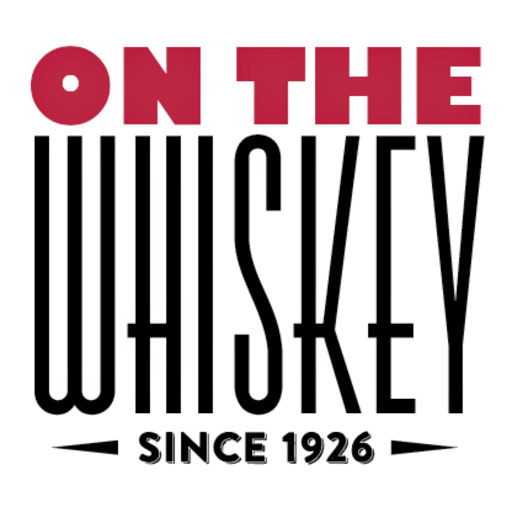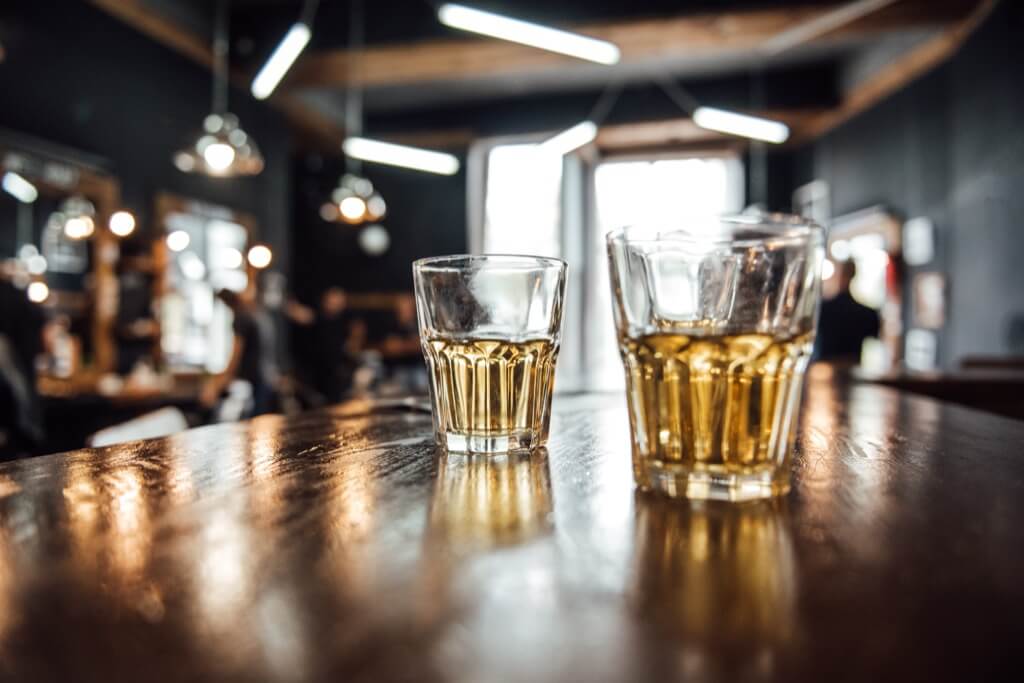If you’re venturing into the captivating world of bourbon, a hearty “Welcome!” might just be the best way to start. You’re because you’ve asked the question: What’s the difference between single-barrel and barrel-proof whiskeys? Perhaps you’ve also wondered, especially when holding a bottle marked “50% ABV,” why, if it claims to be from a single barrel, the alcohol content wasn’t exactly as it came out of that barrel.
Single-Barrel Bourbon
When we talk about “Single-Barrel Bourbon,” this term signifies that the whiskey you’re savoring was poured from one individual barrel, offering a unique taste profile distinct from its siblings. For instance, consider Rebel Yell Single Barrel, a whiskey that proudly wears its single barrel status like a badge of honor. If you were to compare bourbon from two separate barrels of Rebel Yell, you’d find each tells its own story, with nuances and flavors shaped by its solitary process.
Yet, does each barrel consistently hit that exact 100-proof mark? The odds are as slim as finding a needle in a haystack. In reality, the alcohol content varies widely across barrels due to a myriad of factors encountered during the aging process. So, if you’re holding a bottle that says it’s 100 proof, it’s been adjusted down to that level for consistency and taste.
Barrel-Proof Bourbon
Now, onto the notion of “Barrel-Proof” or “Undiluted Bourbon.” This is the whiskey in its most raw, unadulterated form, straight from the barrel without any water added to lower the alcohol content. It’s like listening to an unplugged live performance; it’s as real as it gets.
Yes, there are single barrel offerings out there that come to you at barrel proof, like certain selections from Four Roses or Jack Daniel’s. However, it’s crucial to understand that not all single-barrel whiskeys are presented this way. Many are diluted to a specific proof that the distiller believes showcases the spirit’s flavors in the best light.
It’s essential at this point to compare these two distinct types of whiskey to fully appreciate their unique characteristics and how they might appeal to different preferences:
| Aspect | Single-Barrel Bourbon | Barrel Proof Bourbon |
|---|---|---|
| Pros |
|
|
| Cons |
|
|
| Ideal For | Enthusiasts looking for a unique and story-rich tasting experience, collectors, and those who appreciate the nuances of different barrels. | Whiskey lovers seeking an intense, pure experience; those who enjoy experimenting with dilution to personal taste; high-proof spirit enthusiasts. |
| Flavor Profile | Varied and unique to each barrel, offering a wide range of tasting experiences within the same brand. | Potent, with flavors as close as possible to the whiskey’s original state in the barrel, often revealing deeper nuances when diluted. |
| Cost | Generally higher due to the selective process and limited quantities. | Can be higher, reflecting the undiluted nature and often limited production runs. |
| Availability | Limited releases can make finding specific single-barrel offerings challenging. | While not as limited as single barrels, sought-after barrel-proof bourbons can be hard to find. |
The Reason Behind Dilution
You might be wondering, “Why dilute at all?” Well, it boils down to two main reasons: flavor and economics. Most distilleries, including the giants in Kentucky, dilute their whiskeys because they’ve found a sweet spot where the spirit’s taste profile shines brightest. This level often lands around 90 to 100 proof. Economically, diluting the whiskey means more bottles from a single barrel, which, let’s face it, makes good business sense. There are also tax incentives for bottling at strengths below barrel proof.
Diluting whiskey isn’t a process taken lightly by distilleries. It’s a carefully calibrated step designed to enhance the whiskey’s character, ensuring that when you take that first sip, you’re experiencing the spirit as the makers intended—rich, full, and memorable.
Now, talking about your questions around dilution, we would like to debunk some myths, inviting you to a clearer understanding that feels like finding your way in a dense fog with a trusty lantern.
Single Barrel Means Higher Alcohol Content
A common myth is equating Single Barrel with a whiskey that’s going to knock your socks off in terms of alcohol content. Remember, Single Barrel refers to the origin of the whiskey, not its potency. These bottles come from a singular barrel, offering a unique taste profile that can’t be duplicated. While it’s true that some Single Barrel selections are offered at higher proofs, the term itself makes no guarantees about the alcohol by volume (ABV). The ABV is adjusted for optimal taste, sometimes leading to a higher proof, but not inherently so.
Barrel Proof is Always Single Barrel
Barrel Proof, or cask strength, signifies whiskey bottled at the same proof it had in the barrel, uncut and unfiltered. This term has become synonymous with an intense flavor experience, but it doesn’t always mean the whiskey came from a single barrel. While Barrel Proof offerings can be Single Barrel, they can also be blends of several barrels brought together before bottling at their natural proof. The key here is understanding that Barrel Proof focuses on the whiskey’s strength and raw character rather than its singular origin.
Single Barrel Equals Better Quality
Quality is subjective, especially in the whiskey world. Single Barrel whiskeys offer a unique experience due to their singular origin, but “better” is in the palate of the beholder. Some whiskey lovers treasure the consistency and balance of blends, while others seek the unique character and story behind each Single Barrel. Quality is meticulously controlled in both Single Barrel and blended whiskeys; the distinction lies more in the tasting experience than an inherent superiority.
All Single Barrels are Created Equal
If only it were that simple! Each barrel of whiskey ages differently, influenced by its position in the warehouse, the climate, and even the wood’s character. Two barrels filled on the same day and aged for the same length of time can produce vastly different whiskeys. This variability is the charm of Single Barrel selections, offering a diversity that’s celebrated by enthusiasts. However, it also means you might adore one barrel’s output and feel lukewarm about another’s, even within the same brand.
Barrel Proof Whiskey is Too Harsh for Enjoyment
While Barrel Proof whiskey is undiluted and packs a punch, it’s far from undrinkable. The beauty of Barrel Proof lies in its versatility. You can enjoy it neat, yes, but it also allows for personalization. Adding a bit of water to your glass can open up flavors and aromas that were previously under wraps, tailoring the whiskey to your taste preference. It’s a playground for those who love to explore the depths of whiskey flavors.
With the question of whether Single Barrel and Barrel Proof whiskies are one and the same, the answer is no. Single Barrel refers to whiskey from an individual barrel, offering a unique flavor profile, whereas Barrel Proof indicates whiskey bottled at its original strength from the barrel, without dilution. Each term highlights a different aspect of whiskey crafting, celebrating the spirit’s diversity.

